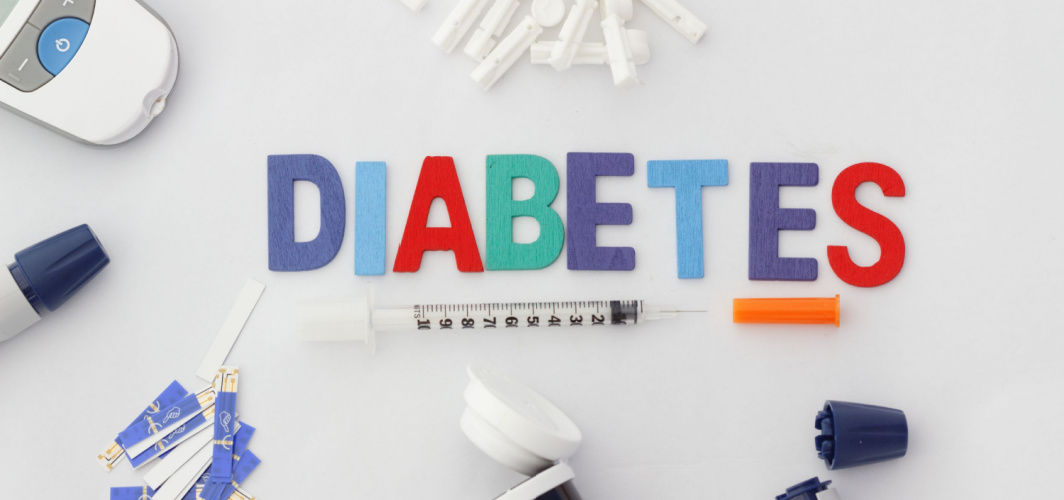Diabetes Management
Smart Snacking Strategies for Energy and Prediabetes Management
2 min read
By Apollo 24|7, Published on - 23 April 2024, Updated on - 25 April 2024
Share this article
0
0 like
.jpg?tr=q-80)
Are you a prediabetic individual seeking to maintain your energy levels while keeping blood glucose levels in check? Healthy snacking can be a crucial ally in this endeavour. Let's explore some healthy Indian snacking options that can help avert abrupt energy drop-offs and make you feel full between meals.
The Potential of Healthy Indian Snacks
Indian cuisine offers an abundant variety of snacks that strike a perfect balance between taste and health. These snacks are not just loaded with essential nutrients but also help maintain blood sugar levels, ward off energy slumps, and keep you satisfied throughout the day. Here are some snacking options that can be your allies in the battle against prediabetes:
- Dairy products like yoghurt and paneer are excellent sources of calcium, aiding bone strength and ensuring smooth muscle function.
- Snacks made from whole grains including wheat, jowar, and ragi offer sustained energy, owing to their high fibre content.
- Makhana (fox nuts), low in calories and rich in protein and fibre, makes for an ideal snack.
- Fruits such as apples, guava, and oranges provide instant energy. They're packed with beneficial vitamins and minerals.
- Chaats made from boiled chickpeas or whole moong can be a healthy and flavourful snack option.
- Oats are high in fibre, low in glycemic index and can be consumed as a snack in various forms like oats cutlets, oats cookies, or oats upma.
Sensible Snacking
While incorporating these snacks into your diet, remember that moderation is key. Watching your portion size, choosing cooking methods wisely, opting for whole foods over processed ones, and limiting oil and sugar intake can make a significant difference to your prediabetes management goals. Additionally, preparing snacks at home allows you to control ingredients and portion sizes effectively.
Ultimately the idea is to turn healthy snacking into a habit rather than a forced regulation. Let's use our rich culinary heritage to our advantage and make every snack count!
Diabetes Management
Consult Top Diabetologists
View AllLeave Comment
Recommended for you

Diabetes Management
What Not to Eat in Diabetes: A Guide to Managing Your Diet
For effective diabetes management, avoid sugary beverages, snacks, and sweets. Limit intake of white bread, fried foods, and full-fat dairy. Consume processed meats, sweetened condiments, high-sugar cereals, and alcohol in moderation. Opt for healthier alternatives to control blood sugar and reduce risks. Seek guidance from healthcare professionals or dietitians for a personalized plan.

Diabetes Management
Which Age Group is the Most Susceptible to Diabetes?
Diabetes susceptibility varies by age. Type 1: childhood onset. Type 2: middle to old age, risk ↑ after 45. Gestational diabetes risk ↑ with age. Factors: activity, metabolism, genetics. Early detection is vital. Regular check-ups, a balanced diet are crucial.

Diabetes Management
Can Diabetes Cause Muscle Thinning Over Time?
Diabetes can lead to muscle thinning over time. High blood sugar levels caused by this disease can damage nerves and blood vessels that support muscle health. This, in turn, causes muscle atrophy or thinning. Additionally, insulin resistance in type 2 diabetes can impede muscle growth and maintenance. Regular exercise, a balanced diet, and proper blood sugar management can help mitigate muscle thinning in individuals with diabetes.
Subscribe
Sign up for our free Health Library Daily Newsletter
Get doctor-approved health tips, news, and more.
Visual Stories

8 Fruits That are Incredibly Healthy for Diabetes
Tap to continue exploring
Recommended for you

Diabetes Management
What Not to Eat in Diabetes: A Guide to Managing Your Diet
For effective diabetes management, avoid sugary beverages, snacks, and sweets. Limit intake of white bread, fried foods, and full-fat dairy. Consume processed meats, sweetened condiments, high-sugar cereals, and alcohol in moderation. Opt for healthier alternatives to control blood sugar and reduce risks. Seek guidance from healthcare professionals or dietitians for a personalized plan.

Diabetes Management
Which Age Group is the Most Susceptible to Diabetes?
Diabetes susceptibility varies by age. Type 1: childhood onset. Type 2: middle to old age, risk ↑ after 45. Gestational diabetes risk ↑ with age. Factors: activity, metabolism, genetics. Early detection is vital. Regular check-ups, a balanced diet are crucial.

Diabetes Management
Can Diabetes Cause Muscle Thinning Over Time?
Diabetes can lead to muscle thinning over time. High blood sugar levels caused by this disease can damage nerves and blood vessels that support muscle health. This, in turn, causes muscle atrophy or thinning. Additionally, insulin resistance in type 2 diabetes can impede muscle growth and maintenance. Regular exercise, a balanced diet, and proper blood sugar management can help mitigate muscle thinning in individuals with diabetes.

